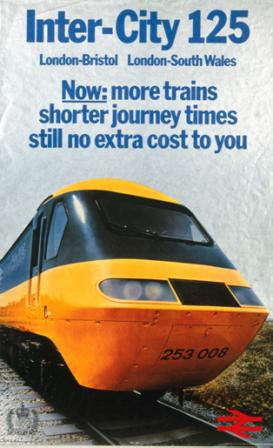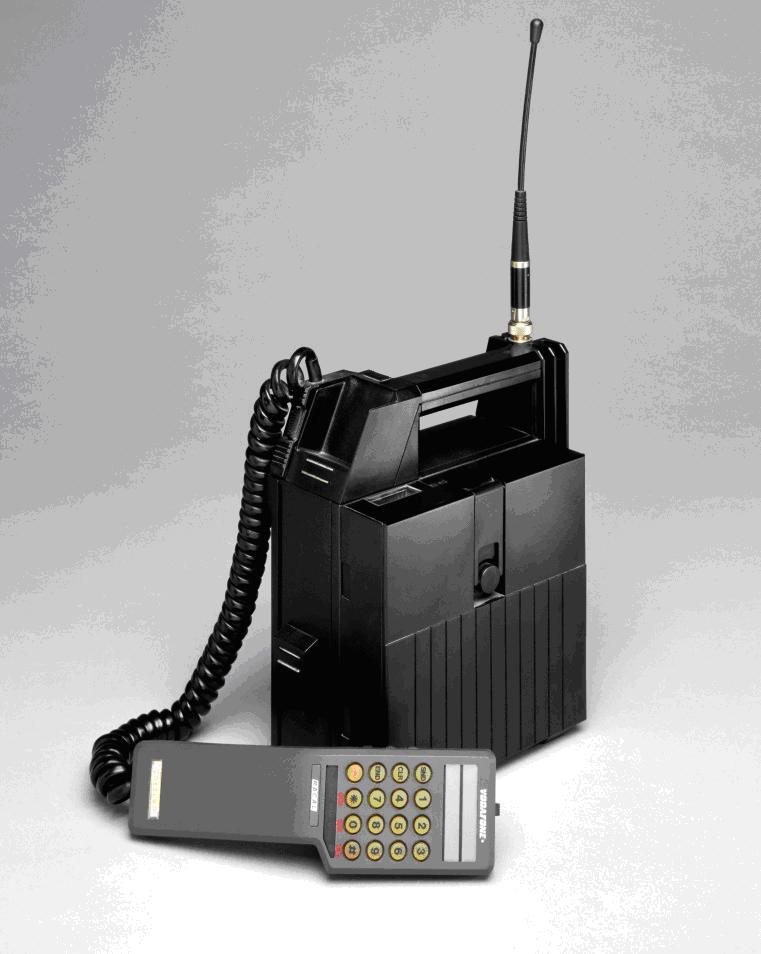In many quarters, trainspotting is regarded as a byword for socially awkward people with personal problems. So how is it that people of power could be associated with this most niche of railway enthusiasms?
The answer lies in the context of the activity. From the late 1970’s, UK governments began a drive to control the spending of local authorities. The result was a tendency to centralise control of local activities from the corridors of Whitehall. The result was that local officials, business leaders and people who wanted to make things happen, needed to travel to London and make their case in the corridors of power.

The High Speed Train was transforming the UK intercity network and making day trips to London an easy reality from almost every provincial city in the UK. Suddenly the public officials of Bristol, Sheffield and Newcastle were a day trip away from the Whitehall mandarins and the Westminster politicians, who controlled the purse strings. Intercity had made the going easy.
Now once you had looked over your meeting papers and rehearsed your points, you become bored. Laptops don’t exist and mobile phones aren’t very mobile, so what does a board executive do now?

Well, when I was working for a local authority in the period concerned, several ‘senior’ executives confessed to having spotting books and whiling away the time on those long intercity journeys by spotting trains. You could call it trainspotting as a mental pastime, rather than as an active pursuit.
Could it be that today’s ‘always available’ technology has consigned this particular variant of the pastime to history?
You can discover more by attending my 15 minute talk on the existence of executive trainspotters in the UK and Japan, on Thursday 20 November at 2pm, by the HST nose cone, in Great Hall.
In the meantime, if you know an executive spotter story then please let me know below.